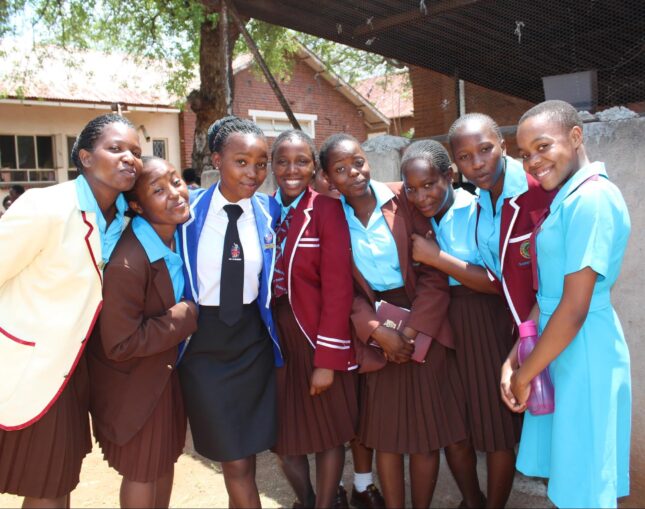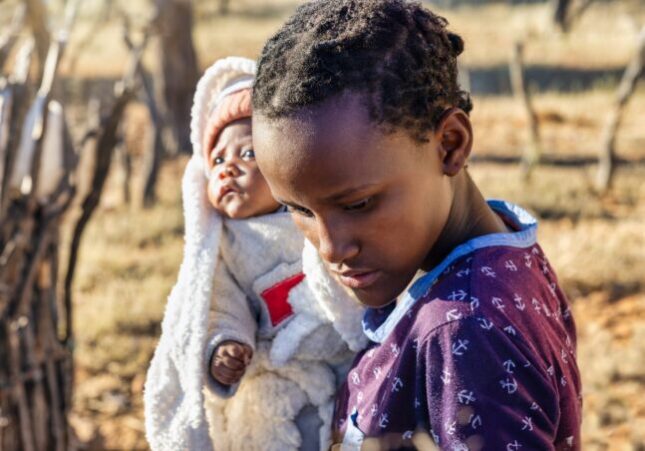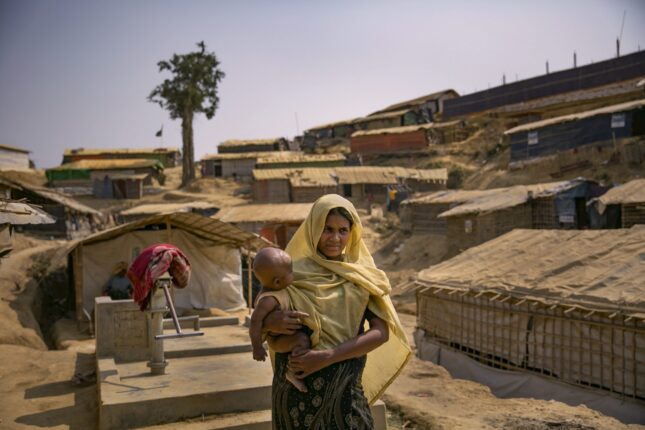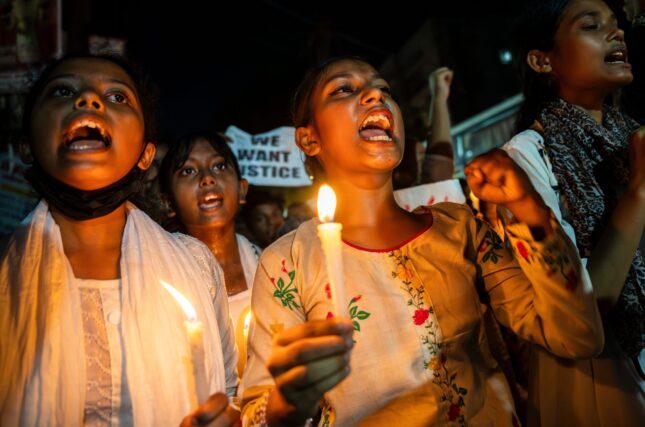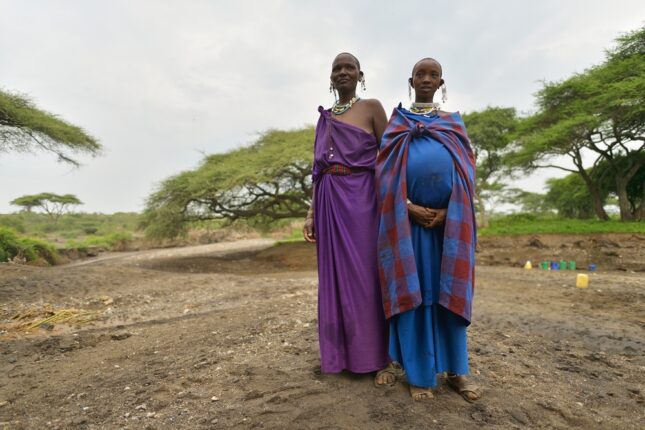-
Swachh Bharat Mission: Intended and Unintended Consequences
› Open defecation (OD) has been demonstrated to be a major contributing factor to poor health, resulting in adverse social and economic impacts due to work and educational disruptions. Despite various policy-driven efforts since 1954 to eradicate OD, it remains highly prevalent in India—especially in rural areas where there is a lack of toilets. A survey conducted in 2012 revealed that 60% of rural households (and 9% of urban households) had no toilet access. India’s open defecation rate of 40% was one of the highest in the world—more than three times the global average of 12%.
Open defecation (OD) has been demonstrated to be a major contributing factor to poor health, resulting in adverse social and economic impacts due to work and educational disruptions. Despite various policy-driven efforts since 1954 to eradicate OD, it remains highly prevalent in India—especially in rural areas where there is a lack of toilets. A survey conducted in 2012 revealed that 60% of rural households (and 9% of urban households) had no toilet access. India’s open defecation rate of 40% was one of the highest in the world—more than three times the global average of 12%.
-
Obstetric Violence in Sub-Saharan Africa: The Struggle for Dignified Maternal Care
›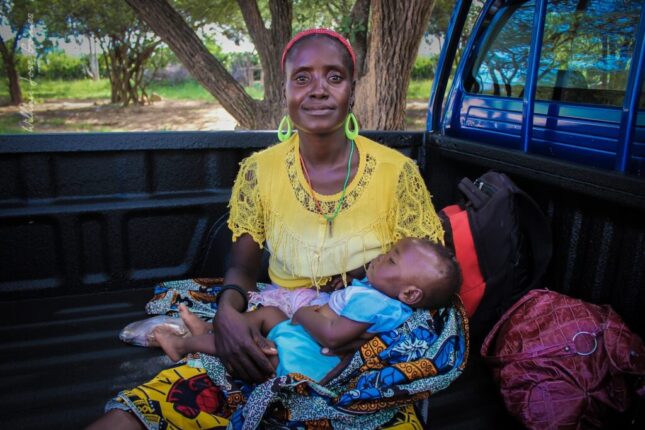
In August 2013, Josephine Majani, a mother of three from Bungoma County in Kenya, endured a harrowing birth experience. Despite her repeated pleas for help during labor, the nurses in the hospital ignored her. She struggled to walk to the labor ward while in intense pain, but all of its beds were occupied. Majani was forced to give birth on the cold concrete floor. Subsequently, nurses there subjected her to verbal and physical abuse—even making her carry her placenta back to the labor ward.
-
World AIDS Day: Center Women and Girls to Eradicate AIDS
›
Over the last four decades, contracting HIV has been transformed from a fatal diagnosis to a manageable chronic illness. Political will and financial commitments have reduced new HIV infections worldwide by 39 percent since 2010. However, much work still is needed to meet global targets of preventing new cases of HIV and reducing AIDS-related deaths. Marginalized communities, including women and girls, face countless barriers which hinder progress towards comprehensive HIV prevention across the planet.
-
Essential and Overdue: Quality Care for Adolescent Mothers and First-Time Parents
›
Maternal health among adolescents in low- and middle-income countries (LMICs) remains a largely unexplored and frequently neglected area within the public health field. Adolescent birth rates remain disproportionately high in LMICs, accounting for approximately 97% of all adolescent births globally. The prevalence of child marriage, poverty, gender-based violence, and limited access to and utilization of contraceptive methods all contribute to this startling statistic.
-
As Humanitarian Crises Grow, So Do Risks for Women and Newborns
›Dot-Mom // November 13, 2024 // By Sarah B. Barnes, Dr. Claudia Donkor, Deborah Denis, Mushtaq Khan, Jihan Salad, Harriet Ruysen, Rondi Anderson & Hani Rukh-E-Qamar
During humanitarian emergencies, women and newborns face severe disparities and heightened vulnerabilities, increasing their risk of illness and death. Humanitarian crises—caused by conflict, climate-related disasters, or forced displacement—disrupt health systems, limit access to essential services, and increase the likelihood of preventable deaths. In 2023, 58% of global maternal deaths, 50% of newborn deaths, and 51% of stillbirths worldwide occurred in the 29 countries with a UN humanitarian response plan or regional response plan. In humanitarian emergencies, a lack of skilled health personnel, inadequate infrastructure, and shortages of essential medicines are common—resulting in limited access to both basic and emergency maternal and newborn care. A fight for humanitarian aid is also a challenge, as maternal and newborn health are often under-prioritized or neglected in humanitarian response.
-
“Too Many” to “Too Few”: South Korea’s Declining Fertility Rates
›
In South Korea, pet strollers have become more popular than baby strollers. Sales reports from an e-commerce firm in that country noted that sales of infant strollers fell by 43% in 2023, while the sales of pet strollers rose by 57%—and consumer demand for pet products continued to grow into the first months of 2024. There has also been an uptick in the opening of veterinary hospitals that is outpacing the establishment of pediatric clinics in many neighborhoods.
-
“Men Will Be Men” Taints India’s Efforts to Safeguard Women
›
As Indians celebrated the nation’s 78th Independence Day on August 15, its women cried for freedom on the same streets where their forebears shouted: “Vande Mataram” or “I salute thee, motherland.” That battle slogan was built for nonviolent resistance, and India’s women now stand united to fight against the continued violation of their dignity and their bodies.
-
Afro-Descendant Women and Girls Deserve Culturally Relevant Healthcare and Better Data
›
A recent study from the United Nations Population Fund (UNFPA) and its partners found that women and girls of African descent living in the Americas are up to three times more likely to die from preventable maternal death causes. So it is no surprise that UNFPA’s Executive Director of Programs, Diene Keita, is calling attention to this challenge.
Showing posts from category Dot-Mom.


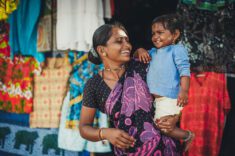 Open defecation (OD) has been demonstrated to be a major contributing factor to poor health, resulting in adverse social and economic impacts due to work and educational disruptions. Despite various policy-driven efforts since 1954 to eradicate OD, it remains highly prevalent in India—especially in rural areas where there is a lack of toilets. A survey conducted in 2012 revealed that 60% of rural households (and 9% of urban households) had no toilet access. India’s open defecation rate of 40% was one of the highest in the world—more than three times the global average of 12%.
Open defecation (OD) has been demonstrated to be a major contributing factor to poor health, resulting in adverse social and economic impacts due to work and educational disruptions. Despite various policy-driven efforts since 1954 to eradicate OD, it remains highly prevalent in India—especially in rural areas where there is a lack of toilets. A survey conducted in 2012 revealed that 60% of rural households (and 9% of urban households) had no toilet access. India’s open defecation rate of 40% was one of the highest in the world—more than three times the global average of 12%.
